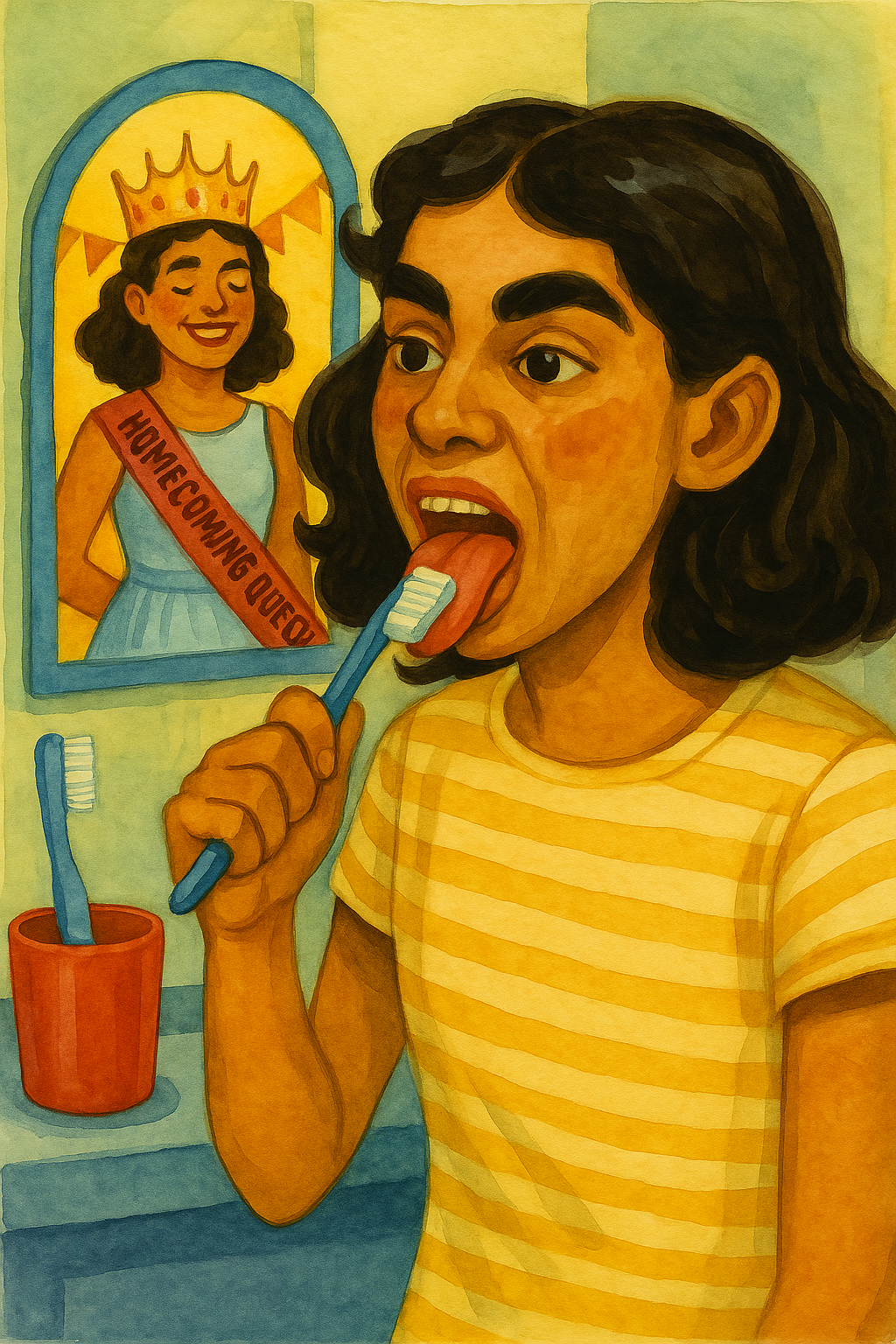What Are Dental Benefit Plans?
Dental benefit plans (sometimes called “dental insurance”) help you pay for dental care. They don’t usually pay for everything—but they can cover part of the cost.
Many plans pay 50% or more of your dental bill.
Most plans cover 2 cleanings a year, exams, and X-rays at 100%.
For other treatments, they work more like a coupon—you still pay some of the cost.
Even the best plans have limits. They might only pay for:
A certain number of visits or X-rays per year
Some types of treatments but not others
What Does “Usual, Customary and Reasonable” (UCR) Mean?
UCR is a term that often confuses people. Here’s what you need to know:
UCR is how the insurance company decides how much to pay your dentist.
They might pay a percentage of your dentist’s fee—or a lower amount they think is “reasonable.”
But what they think is “reasonable” might not match what dentists in your area actually charge.
Important:
If your dentist’s fee is higher than the UCR amount, that doesn’t mean you were overcharged.
Insurance companies don’t have to explain how they set these amounts—and they often don’t use up-to-date info.
What Is “Least Expensive Alternative Treatment”?
Sometimes your dentist recommends a treatment that’s best for your health, but your plan only pays for a cheaper option.
Example: Your dentist says you need a crown, but your plan will only help pay for a large filling.
Just like with cars or homes, the cheapest choice isn’t always the best one.
What Is an “Annual Maximum”?
Your plan might only pay up to a certain amount each year. This is called the annual maximum.
This amount is chosen by whoever buys the plan—usually your employer.
Even though dental care costs more today than it used to, these maximums haven’t changed much in 30 years.
What Are “Pre-Existing Conditions”?
A pre-existing condition is a problem you had before you signed up for the plan.
Some plans don’t pay for treating these problems.
They also might not cover some useful treatments—like sealants that help prevent cavities.
Note: Just because your plan doesn’t pay for something doesn’t mean it’s not helpful. Dr. Cajee can help you decide what’s really best for your health.
Still Have Questions?
We’ll do our best to help explain your dental benefits.
But:
Every plan is different—even if it’s from the same insurance company.
Your plan sponsor (usually your employer) knows the most about your exact plan.
Tip:
If you’re unsure what’s covered, ask your employer or the person who gave you your dental plan.





